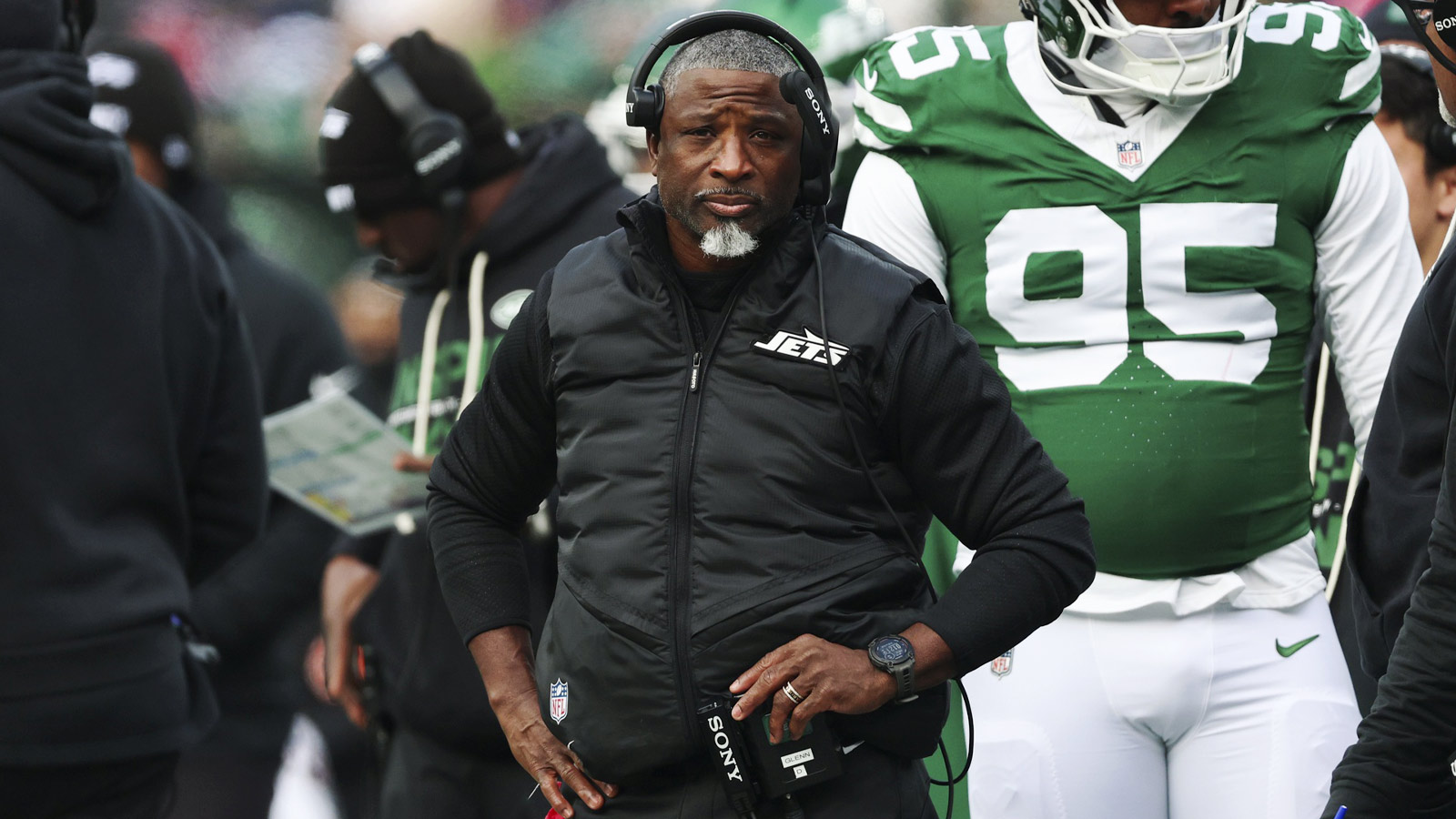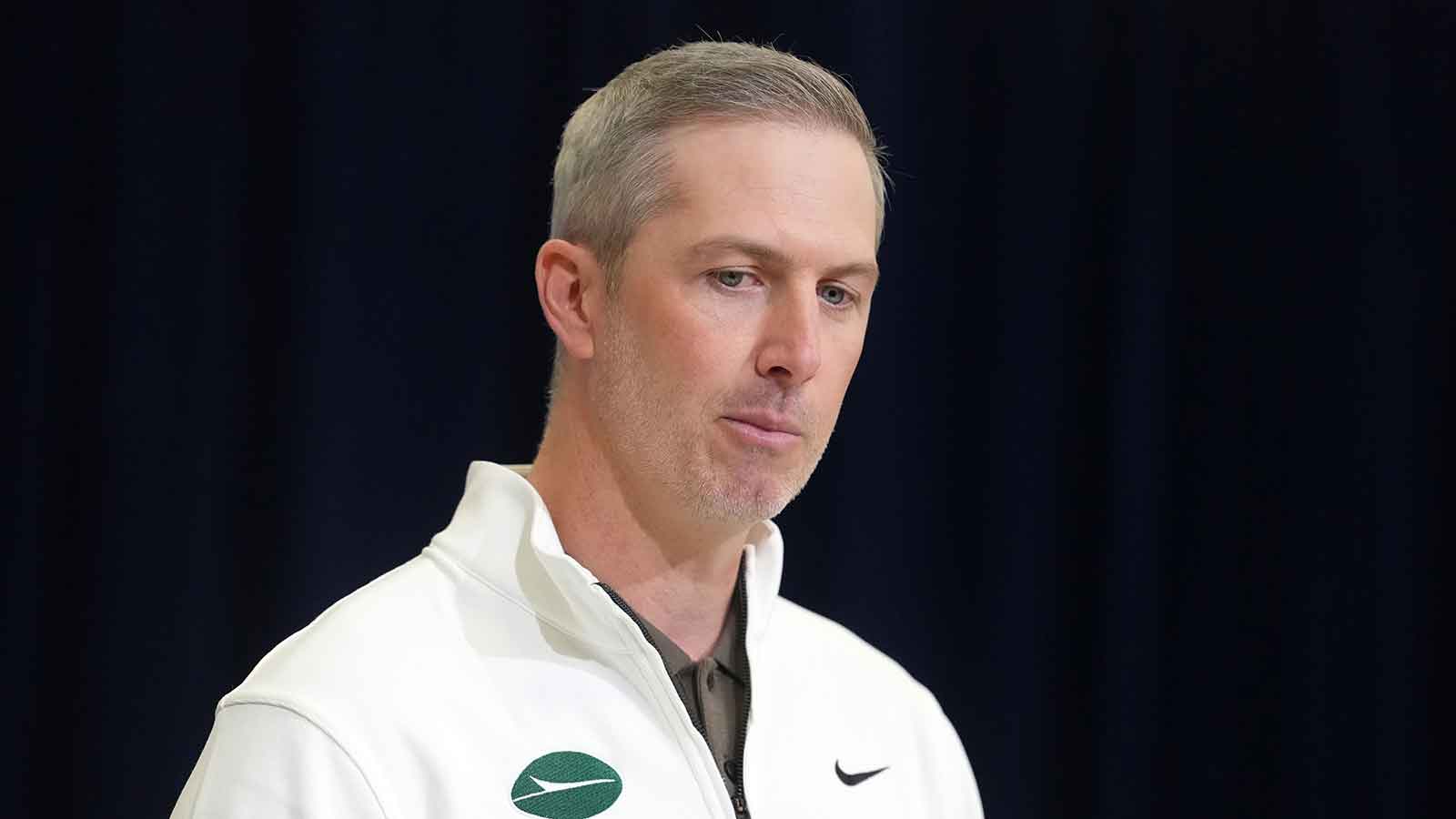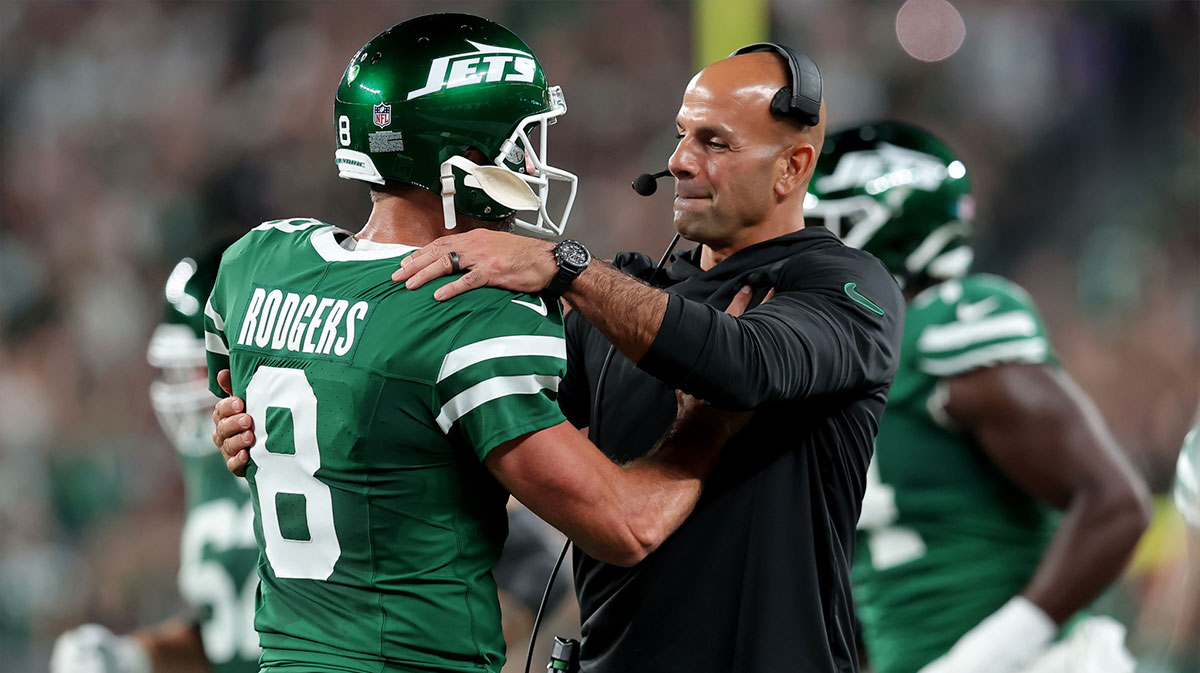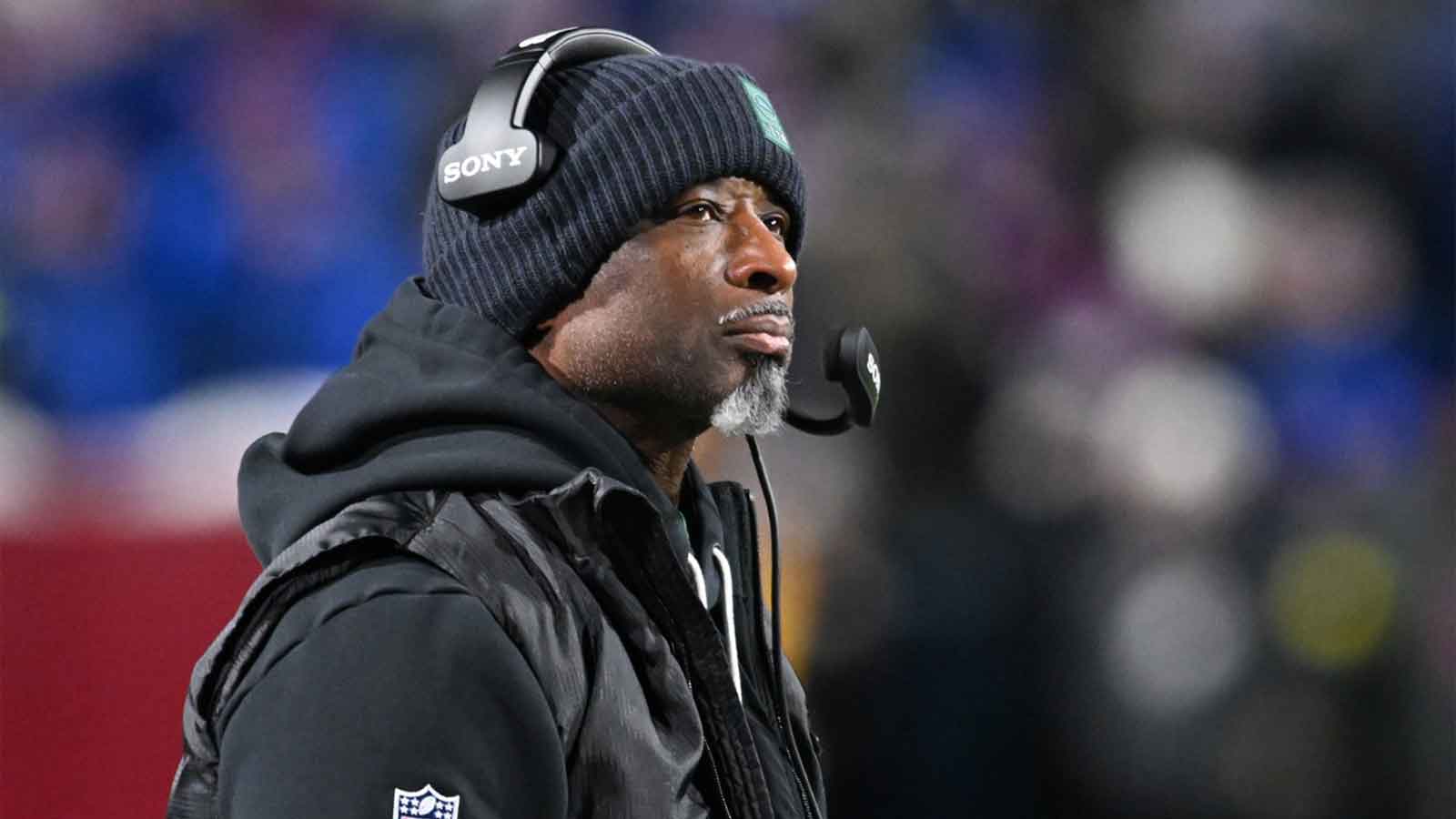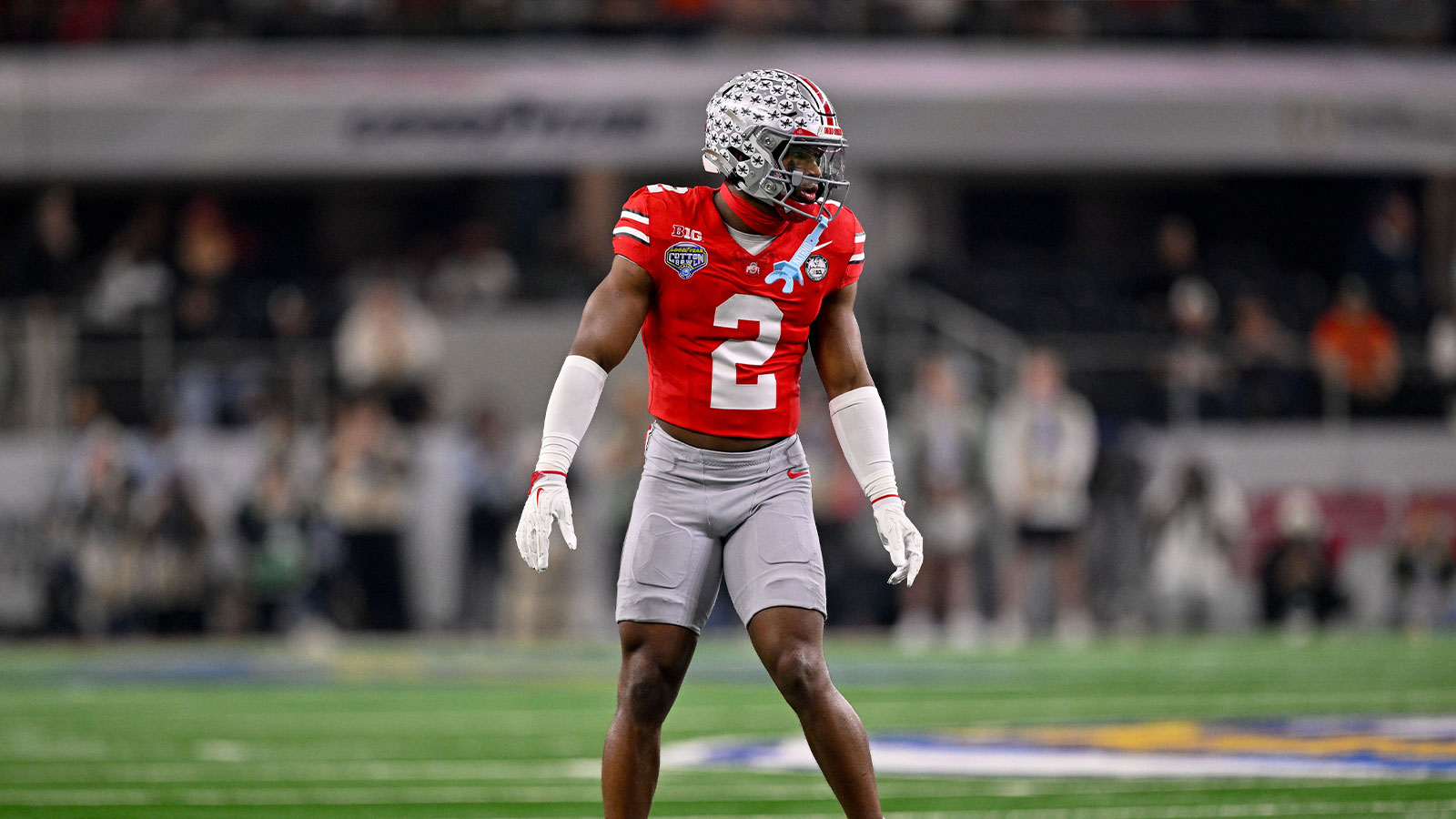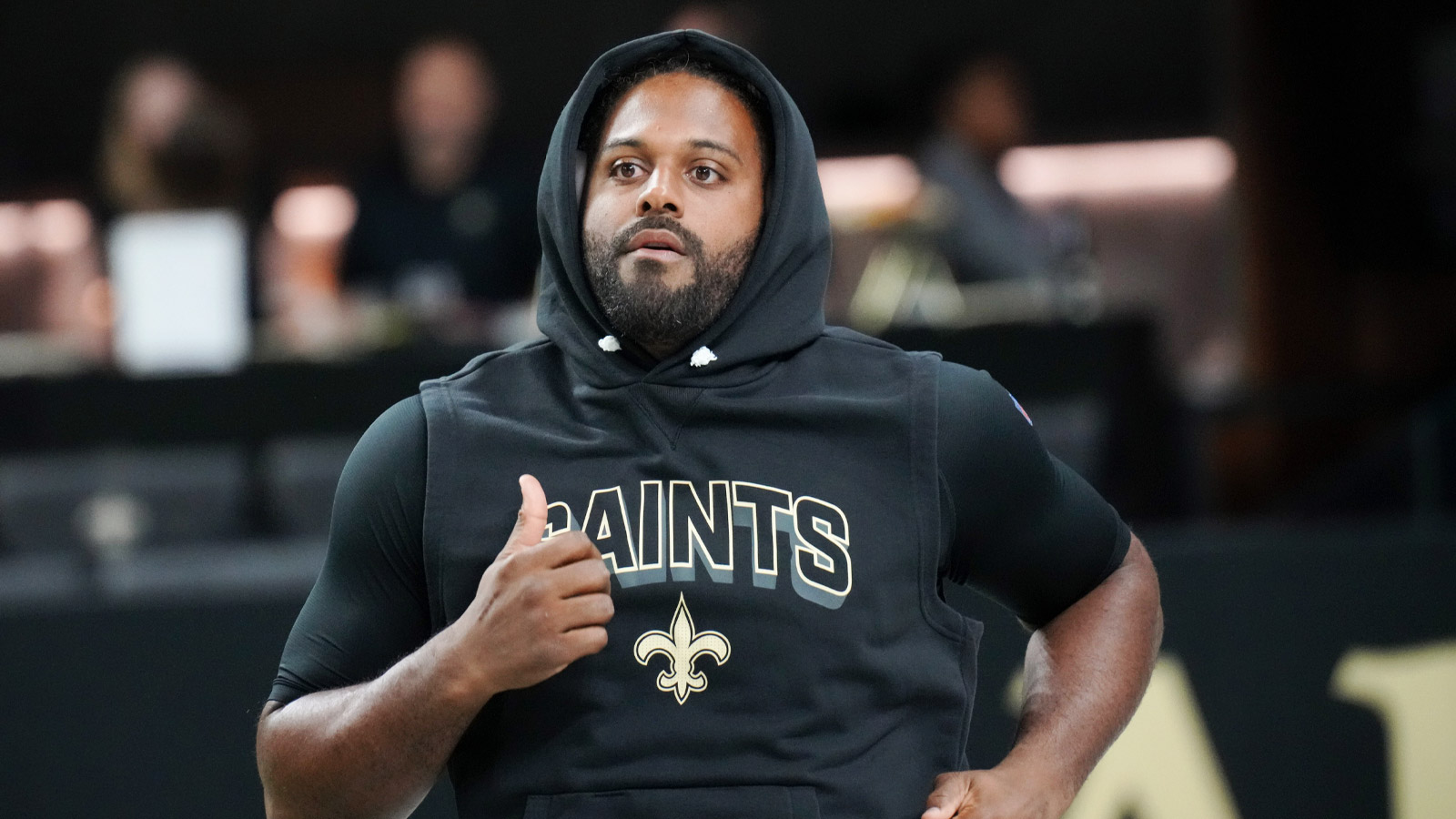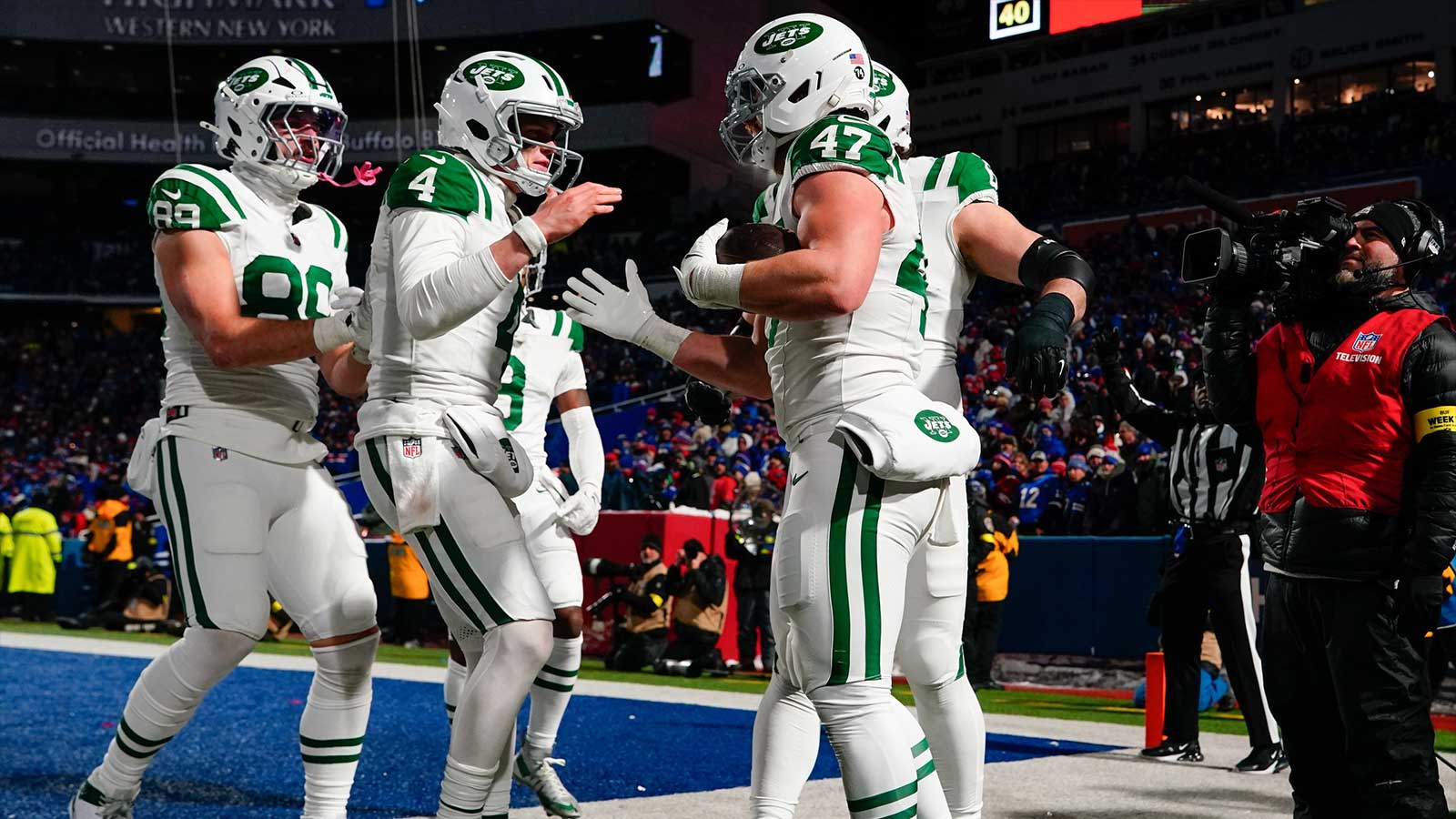Needing a win in the worst way, the New York Jets (2-5) dropped their fourth straight game in Week 7, losing 37-15 to the Pittsburgh Steelers (5-2) on the road. As the losses pile up, the finger-pointing has begun, and it will likely start with Aaron Rodgers. As it should.
Should the blame really fall on Aaron Rodgers?
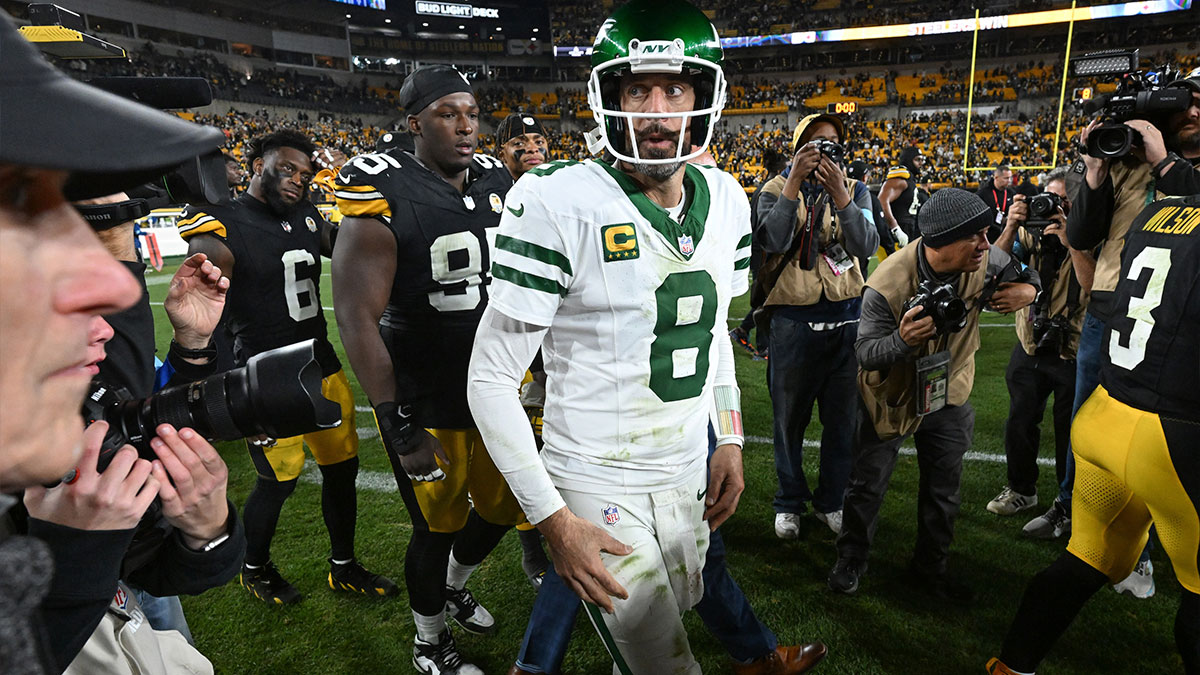
It’s unfair to place the blame for the Jets' 2024 season woes solely on Rodgers. Now 40 years old and coming off a career-threatening Achilles injury just over a year ago, Rodgers was expected to guide the team to new heights, breaking a 13-season playoff drought and erasing decades of misery. However, with great expectations comes great scrutiny, and Rodgers now finds himself shouldering that blame.
Rodgers, eager to escape small-town Green Bay, was ready for the bright lights of New York and the challenge of reviving the Jets. But it seems even all the darkness retreats in the world couldn’t prepare him for the immense responsibility of leading this franchise. Instead, Rodgers looks to become another in a long line of 14 Jets quarterbacks since Mark Sanchez in 2010 to fail at reaching the playoffs.
The expectations were far greater than a mere playoff appearance, however. The Jets' trade for Rodgers came with a Super Bowl-or-bust mentality. Now, those lofty goals seem as ruptured as Rodgers’ Achilles, which derailed his debut with New York in last season’s first game.
The real blame, though, might rest with Jets owner Woody Johnson. Johnson’s handling of the Rodgers situation has been flawed, much like his previous management decisions. He catered to Rodgers similarly to how the Tampa Bay Buccaneers bent to Tom Brady’s wishes after he left New England. Brady brought in his guys—Rob Gronkowski and Antonio Brown—helping mold the team into a championship contender. But Rodgers is no Brady, and the difference in accomplishments, personality, and leadership style between the two quarterbacks is stark.
The Jets are built for and by Aaron Rodgers
Despite that, Johnson allowed Rodgers to recreate his Green Bay experience. He hired Rodgers' former Packers offensive coordinator, Nathaniel Hackett, who was fired from his head coaching job in Denver after a 4-11 record. Rodgers also got his favorite targets, like Allen Lazard, and more recently, Davante Adams, who made his debut against the Steelers on Sunday Night Football.
Whether Rodgers influenced these moves or not, there’s a clear connection between his presence and Robert Saleh’s firing. Johnson’s desire to keep Rodgers happy has undoubtedly influenced many of the Jets' owners decisions.
But Rodgers isn’t solely to blame for the Jets' struggles. The team around him hasn’t done much to help. Through seven weeks, the Jets rank fifth in the NFL with 14 dropped passes, according to Pro Football Reference. That has contributed to their No. 22 total offense ranking and a No. 23 ranking in scoring offense, with just 18.8 points per game.
Rodgers has had his share of bad performances as well. In Sunday night’s loss to the Steelers, he threw one touchdown and two interceptions, though one came off a dropped Garrett Wilson pass. He also had a three-interception game in Week 5 against the Vikings.
No matter how this season plays out—whether the Jets can stage a turnaround or not—the team has been built around Rodgers’ preferences, not around the team's long-term success. The onus, then, falls on him. That’s the burden of being an NFL quarterback, especially one as pampered as Rodgers has been by his owner.









